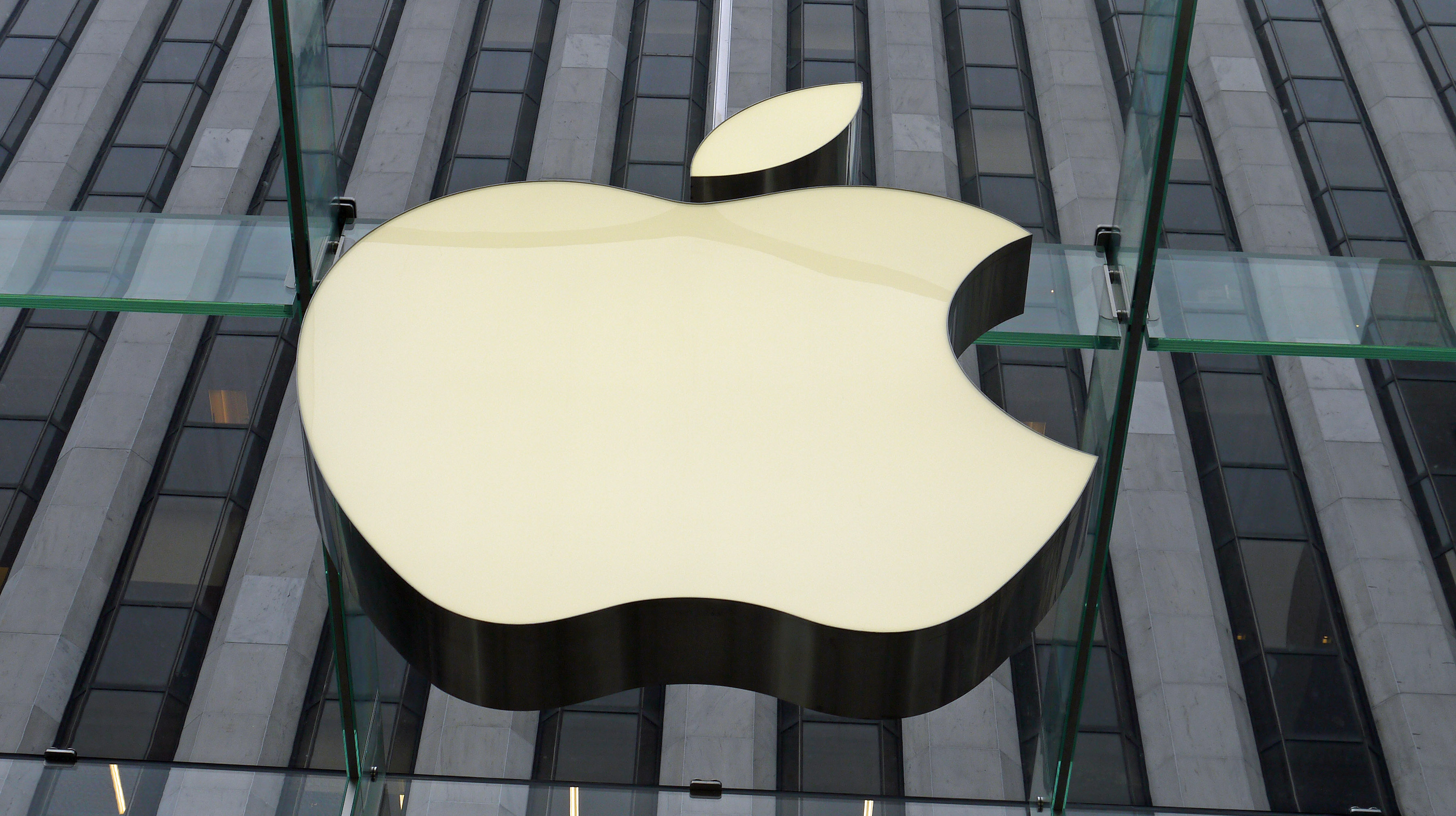DOJ slams Apple's arguments in San Bernardino iPhone case
But Apple strikes back

The US Department of Justice (DOJ) is using its severest verbiage yet in its ongoing encryption battle with Apple, but the Cupertino firm is answering right back.
In a court document filed today, the DOJ slams Apple's defenses and how it's presented them in a case involving the locked iPhone 5C used by San Bernardino terrorist Syed Farook.
It says that rather than comply with the order to assist in unlocking the phone, Apple has "attacked the All Writs Act as archaic, the Court's Order as leading to a 'police state,' and the FBI's investigation as shoddy, while extolling itself as the primary guardian of Americans' privacy."
"Apple's rhetoric is not only false, but also corrosive of the very institutions that are best able to safeguard our liberty and our rights," the department says.
Apple is refusing to assist the FBI in unlocking Farook's iPhone by building a special software to circumvent the device's security measures. It believes this would be a backdoor into other iPhones, and would set a precedent that would allow law enforcement to execute similar requests in the future.
The FBI and DOJ argue that the software is for one phone in a specific case and wouldn't put other devices at risk, nor set a precedent.
However, FBI Director James Comey last week said a precedent would likely be created with this case, one the FBI would "of course" leverage in others down the line. He also admitted the agency made a mistake by requesting the Apple ID password associated with the iPhone be reset, which prevented an auto-back up from occurring.
Get daily insight, inspiration and deals in your inbox
Sign up for breaking news, reviews, opinion, top tech deals, and more.
No burden on Apple
In today's filing, the DOJ says Apple "grosses hundreds of billions of dollars a year" and the burden on it to create the software is not unreasonable. Furthermore, it writes the burden "is the direct result of Apple's deliberate marketing decision to engineer its products so that the government cannot search them, even with a warrant."
"Apple deliberately raised technological barriers that now stand between a lawful warrant and an iPhone containing evidence related to the terrorist mass murder of 14 Americans," the filing later reads. "Apple alone can remove those barriers."
In an earlier filing, Apple said the government's request is burdensome because it would need to dedicate staff and resources to develop the software. What's more, it would be creating a tool to break code it built to protect its customers. Such a tool would potentially put hundreds of millions of users at risk, the company contends.
Numerous times in the DOJ's Thursday filing, it maintains that this is a specific case involving a single iPhone that could hold pertinent information.
"As Apple well knows, the [court order] does not compel it to unlock other iPhones or to give the government a universal 'master key' or 'backdoor'," the DOJ says. "It is a narrow, targeted order that will produce a narrow, targeted piece of software capable of running on just one iPhone, in the security of Apple's corporate headquarters."
The iPhone used by Farook is owned by San Bernardino County, where he worked, and the DOJ says the county has consented to the search of the device. By condition of his employment, the now-deceased Farook also consented to the search, the department says.
Therefore, the court order to compel Apple to unlock the phone "invades no one's privacy and raises no Fourth Amendment concerns," which relates to unlawful search and seizure.
The department says Apple and those who've filed amicus briefs, including many major tech firms, in support of the company are trying to "alarm this court with issues of network security, encryption, backdoors, and privacy, invoking larger debates before Congress and in the news media."
"That is a diversion," the DOJ says.
Michelle was previously a news editor at TechRadar, leading consumer tech news and reviews. Michelle is now a Content Strategist at Facebook. A versatile, highly effective content writer and skilled editor with a keen eye for detail, Michelle is a collaborative problem solver and covered everything from smartwatches and microprocessors to VR and self-driving cars.
